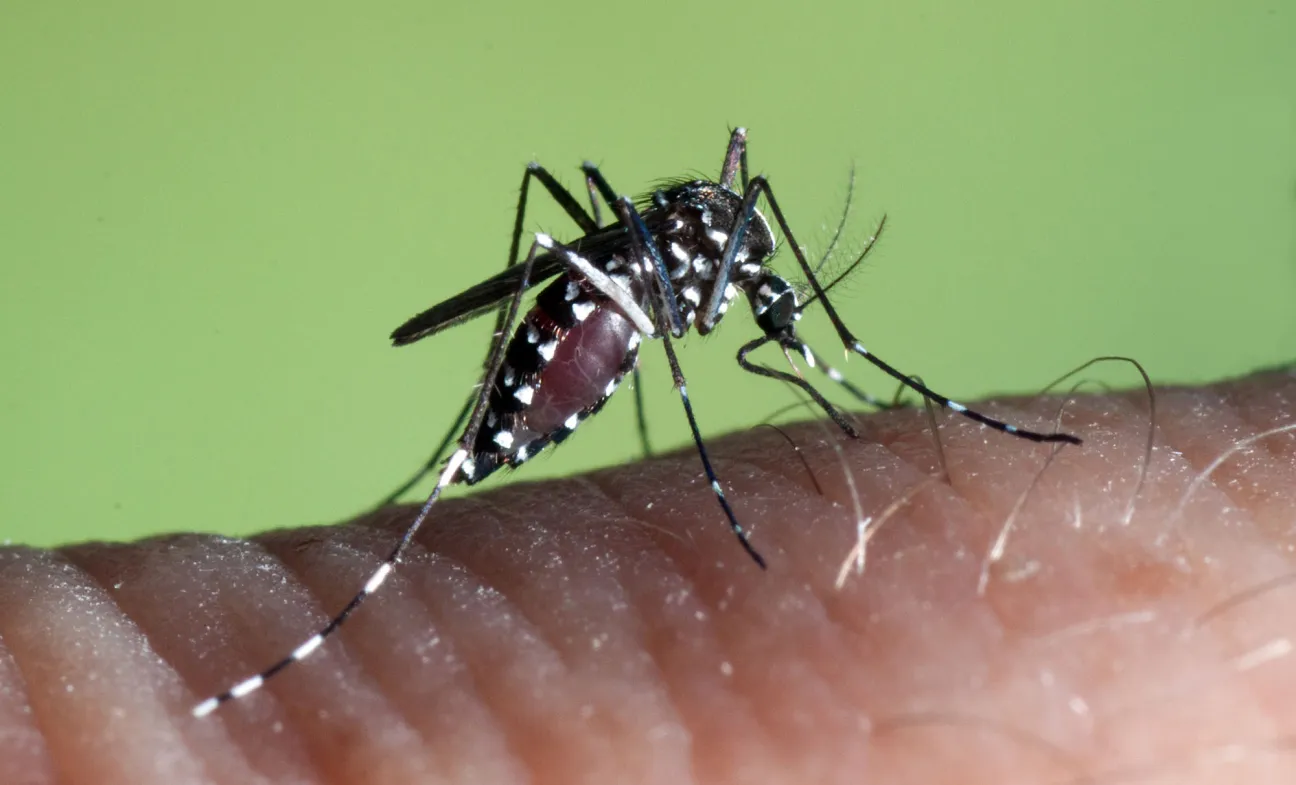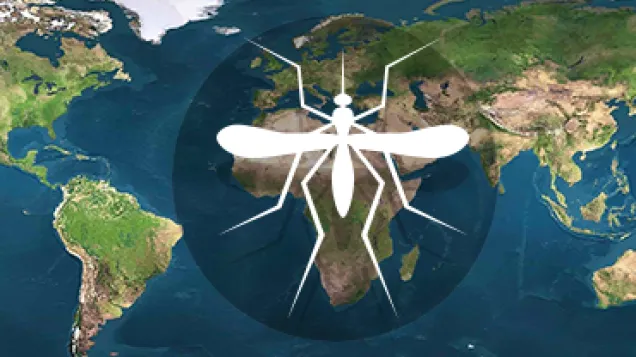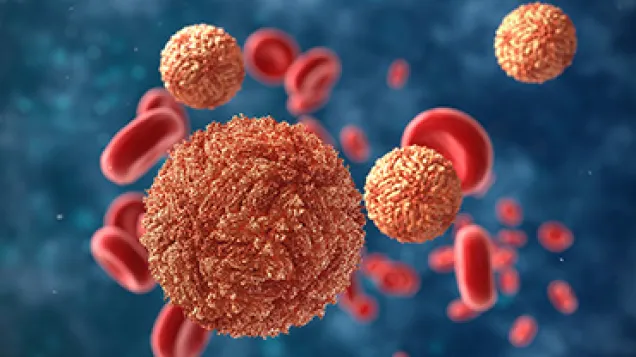Epidemiological update: third case of locally acquired Zika virus disease in Hyères, France

On 30 October, French authorities reported a third autochthonous case of Zika virus (ZIKV) disease in Hyères city, Var department, France. The case had no travel history to Zika-endemic countries.
The case was identified through active case-finding activities and resides in the close vicinity of the first two cases. These three cases had onset of symptoms in early/mid-August 2019, and all have recovered.
Measures implemented
French health authorities have reinforced their epidemiological surveillance to identify other possible cases. Entomological investigations were carried out in and around the affected neighbourhood; vector control activities were implemented.
Healthcare providers such as general practitioners, mid-wives and gynaecologists/obstetricians working in Hyères city and neighbouring cities were alerted about the event, and instructions were provided for the management of pregnant patients that live in, or visited, the affected area between July and September 2019.
A communication campaign was launched to inform citizens about personal protective measures and the destruction of larval sites.
Risk assessment
This new case reinforces the hypothesis of autochthonous vector-borne transmission of ZIKV in this neighbourhood of Hyères city in August 2019. As the cases had onset of symptoms only a few days apart, it is likely that they belong to the same transmission cycle. To ECDC’s knowledge, this event was the first report of vector-borne transmission of ZIKV by Aedes albopictus in Europe.
As temperatures are progressively decreasing during autumn, the environmental conditions are currently not favourable for sustained transmission. To date, the overall conclusions of the rapid risk assessment issued by ECDC on 16 October (‘Zika virus disease in Var department, France’) remain unchanged. The risk for the population, including pregnant women and their unborn children, is low. There is a very low likelihood that travellers to this area will become infected, introduce the virus, and initiate further local transmission in their EU/EEA country of residence.
Share this page



